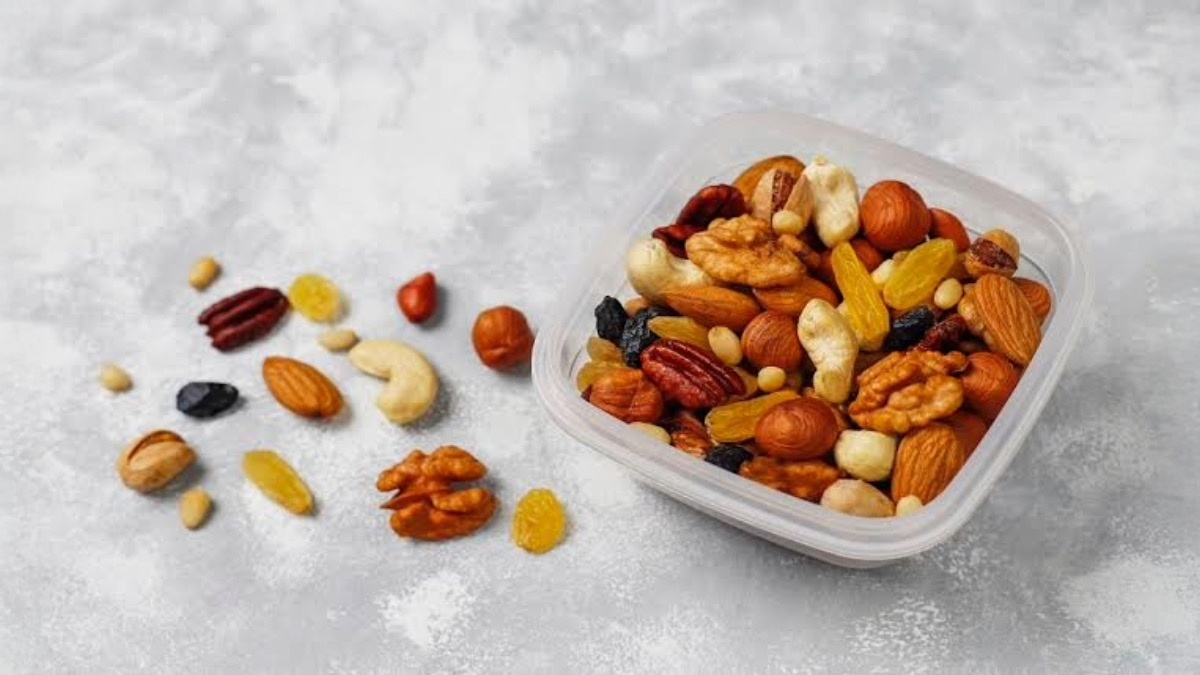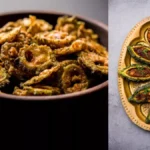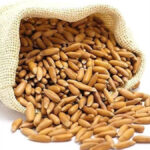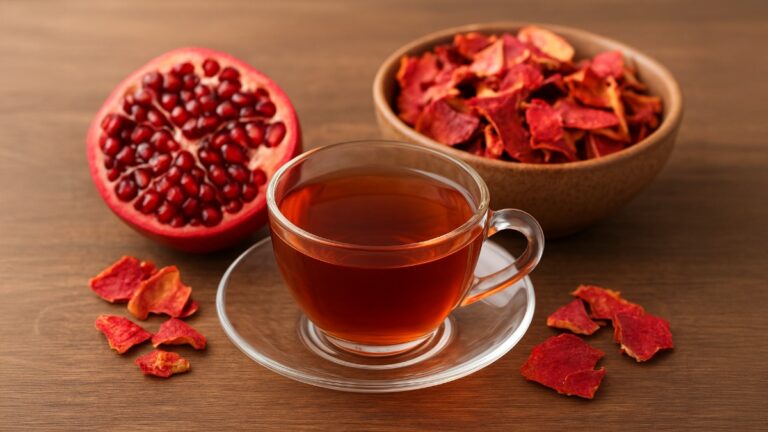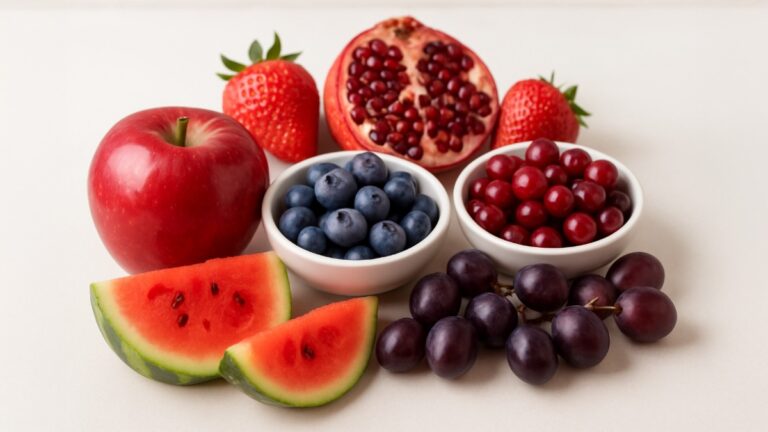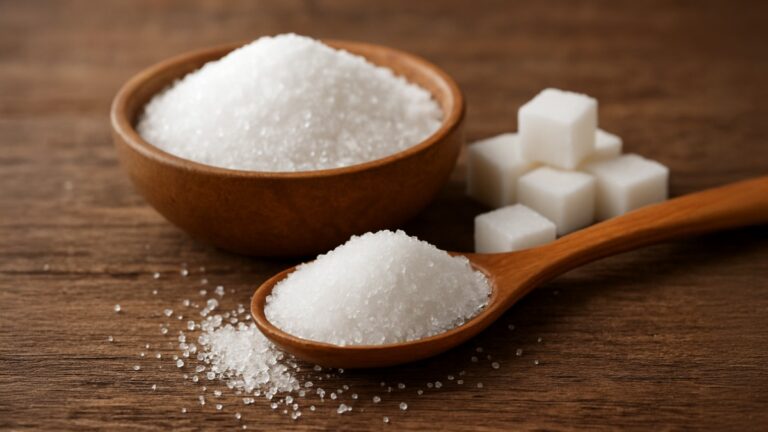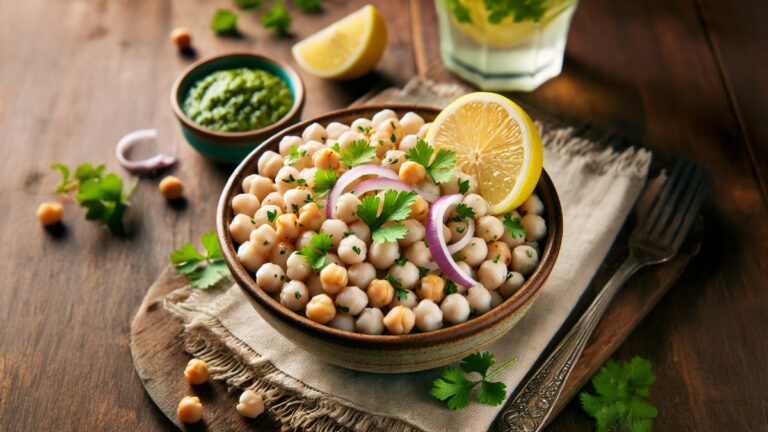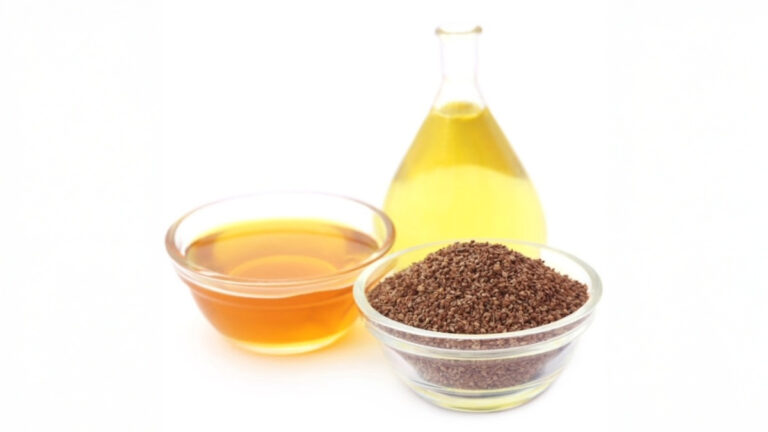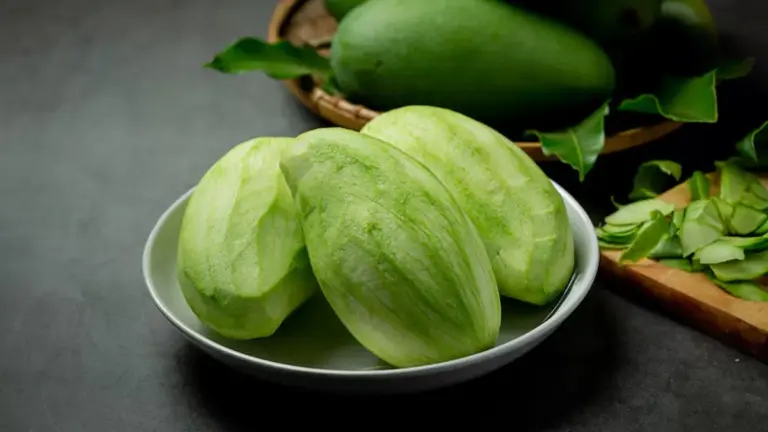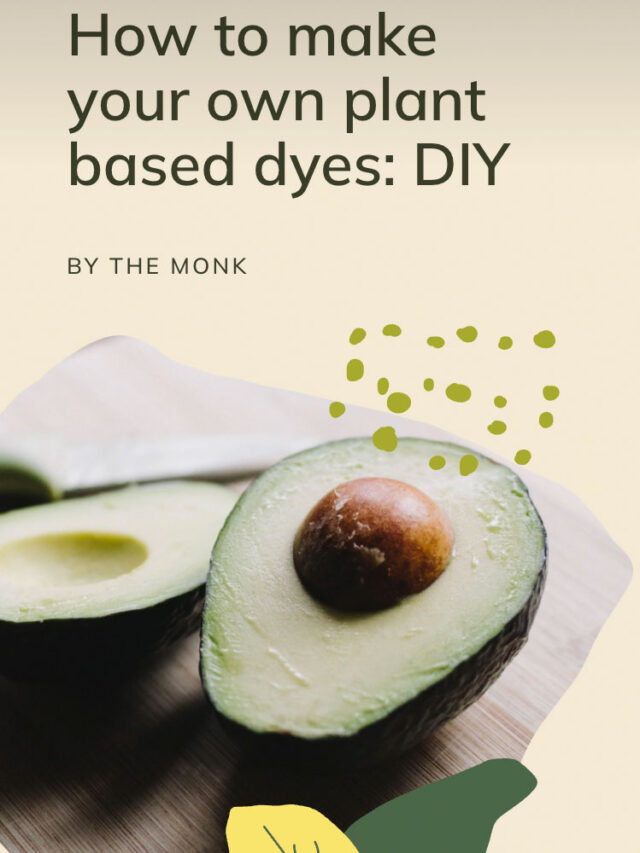Roasted and Soaked Dry Fruits: Dry fruits have long been a part of traditional diets across cultures, valued for their nutrient density, energy-boosting properties, and convenience. But in recent years, one question has sparked debate among health enthusiasts and nutritionists alike: Are dry fruits healthier when roasted or soaked? The answer isn’t as straightforward as it may seem. To settle this once and for all, we dive deep into the science and expert opinions behind the healthiest way to consume dry fruits.
What Happens When You Soak Dry Fruits?
Soaking dry fruits like almonds, raisins, walnuts, and figs in water overnight is a common practice in many Indian households. According to nutritionist soaking these nutrient-dense snacks helps activate enzymes, improve digestion, and enhance nutrient absorption.
“When you soak dry fruits, their phytic acid levels are reduced. Phytic acid is an anti-nutrient that binds minerals like iron, zinc, and calcium, making them harder to absorb,” says Dr. Sharma.
Soaking also softens the fruits, making them easier to chew and digest, especially for children and older adults.
The Science Behind Soaked Dry Fruits
1. Improved Nutrient Bioavailability
Soaking enhances the availability of essential nutrients like.
- Vitamin B12
- Magnesium
- Potassium
- Iron
It also makes them easier on the stomach, especially for people with acidity or bloating issues.
2. Enhanced Enzyme Activity
Soaking mimics the germination process, which activates enzymes that aid digestion and overall metabolic health.
3. Detoxification
It helps in flushing out natural toxins and tannins present in the skin of certain dry fruits like almonds.
What About Roasted Dry Fruits?
Roasted and Soaked Dry Fruits, Roasting, especially dry roasting (without oil), is another popular way to consume dry fruits. It enhances the flavor, aroma, and crunchiness, making them a preferred snack for many. But does the roasting process strip away their health benefits?
1. Heat Alters Nutrients
According to dietician Neha Saini, “Roasting at high temperatures can degrade heat-sensitive nutrients like certain B-vitamins and antioxidants.” However, the impact largely depends on temperature and duration. Light roasting retains most of the nutritional value, while heavy roasting can reduce it.
2. Oils and Additives
Many commercially roasted dry fruits are processed with added salt, sugar, or hydrogenated oils. These additives can turn a healthy snack into a calorie-dense, sodium-rich treat that’s harmful in the long run.
3. Oxidation Risk
High heat can lead to the oxidation of healthy fats, especially in nuts like walnuts, almonds, and pistachios, making them less heart-healthy.
Dry Fruit-by-Dry Fruit Breakdown: Roasted vs. Soaked
Let’s explore how some of the most popular dry fruits behave when roasted vs. soaked.
Almonds
- Soaked: Removes tannins, improves digestibility, boosts brain health.
- Roasted: Tastes better, but may lose vitamin E and B-complex nutrients.
Winner: Soaked Almonds
Raisins
- Soaked: Helps with digestion, reduces acidity, boosts iron absorption.
- Roasted: Rarely roasted; may become too dry and lose antioxidants.
Winner: Soaked Raisins
Cashews
- Soaked: Less commonly soaked but becomes softer and easier to digest.
- Roasted: More flavorful; light roasting is acceptable but avoid added salt.
Winner: Lightly Roasted Cashews (unsalted)
Walnuts
- Soaked: Reduces bitterness and phytic acid, enhances omega-3 absorption.
- Roasted: Omega-3 fats are sensitive to heat and may degrade.
Winner: Soaked Walnuts
Pistachios
- Soaked: Not commonly soaked but removes excess salt if done.
- Roasted: Commonly available roasted and salted, which can raise blood pressure.
Winner: Raw or lightly roasted unsalted pistachios
What Do Experts Recommend?
Roasted and Soaked Dry Fruits, Most nutritionists agree that soaking dry fruits overnight is the healthiest option, especially for nuts like almonds and walnuts. It not only makes them easier to digest but also enhances their nutrient profile.
“If you’re looking for maximum health benefits, go for soaking. But if taste is your priority and you roast at home without added salt or sugar, that’s still a better choice than buying processed versions,”
Best Practices for Consuming Dry Fruits
- Soak overnight (6–8 hours) in clean water.
- Avoid store-bought roasted versions with added flavors or salt.
- Consume in moderation: 5–10 pieces per day depending on the type and your calorie needs.
- Store soaked dry fruits in a clean, closed container in the fridge for up to 2 days.
- Make it a morning habit: Soaked dry fruits are best consumed on an empty stomach to maximize nutrient absorption.
Roasted and Soaked Dry Fruits, Both soaked and roasted dry fruits have their own advantages, but when it comes to overall health benefits, soaked dry fruits clearly come out on top. They preserve vital nutrients, enhance digestibility, and detoxify the body from within.
So next time you reach for that crunchy roasted almond, think twice. A little patience with overnight soaking might just bring you better health and more energy — naturally.
(Disclaimer: The information given here is based on general information. Before adopting it, definitely take medical advice. THE MONK does not confirm this.)

